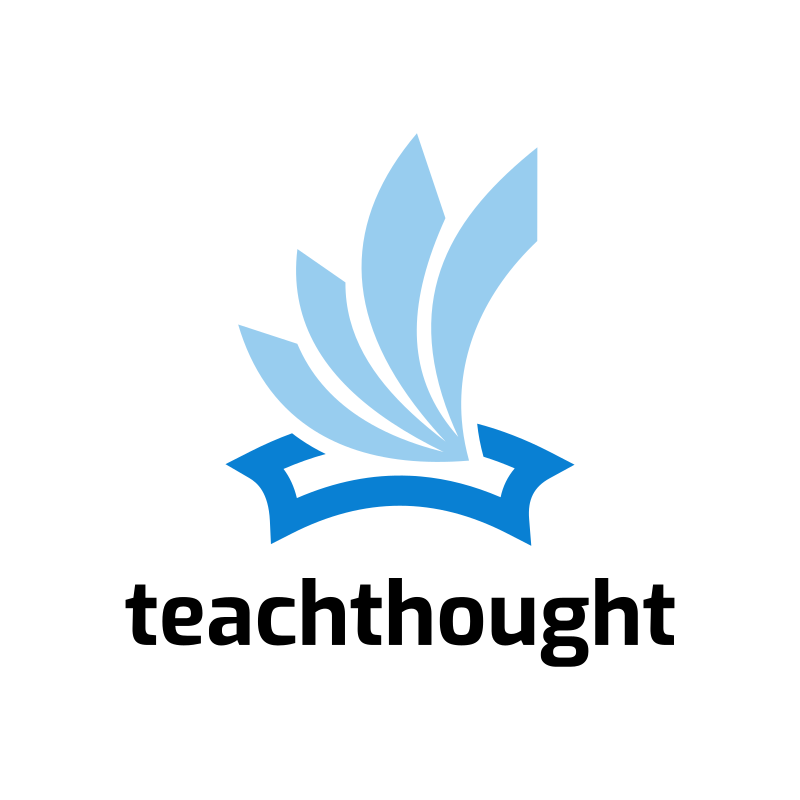How Do We Know What Works In Education?
by Terrell Heick
When measuring success, effectiveness, and performance in education, what are we measuring exactly?
Schools, curriculum, teachers, #edtech–when we say these things work or don’t, what do we mean?
Grades? Test performance? Literacy levels? Student curiosity? Graduation rates?
Enrollment rates? Parental satisfaction? Career readiness? Understanding?
The habits that lead to reading, creating, collaborating, reflecting, and integrating meaningful stuff in meaningful ways?
Hattie Takes A Swing
John Hattie’s Visible Learning: A Synthesis of Over 800 Meta-Analyses Relating to Achievement represents a staggering effort to, in a way, answer the question of “What works in education?” But even Hattie carefully points out that the book wasn’t written to be a ‘recipe’ of what works.
“For example, one of the major results presented in this book relates to increasing the amount of feedback because it is an important correlate of student achievement. However, one should not immediately start providing more feedback and then await the magical increases in achievement….increasing the amount of feedback in order to have a positive effect on student achievement (again—what exactly does this mean?) requires a change in the conception of what it means to be a teacher.”
He kind of sounds like me there at the end. It’s not as simple as using a ‘research-based strategy’ to ‘move students’ from ‘red to green.’ And even that misses the bigger question: What are the terms of success in the classroom? Hattie prefaces his collection again.
“Of course, there are many different outcomes of schooling, such as attitudes, physical outcomes, belongingness, respect, citizenship, and the love of learning. This book focuses on student achievement, and that is a limitation of this review.”
Ack! Here we are again, back at the beginning. What are the terms of success in education?
What does ‘student achievement’ mean?
What Teachers Want To Know
What teachers want to know is really simple: In light of what I know about how students learn, what should my actions be? Put another way, what should I teach, and how should I teach it?
And more recently, since I know that this student and this student and that student all need different things on different days in different ways, how can I use technology to make that happen?
The answer, increasingly, is a test—an attempt to measure the skills a student can apply and the things a student understands. So assuming the test measures understanding, and assuming the students pass the test, then they understand by the terms we’ve established, yes?
And these would be their terms for success.
This isn’t passive-aggressive, sarcastic pot-shotting—I’m asking because I want to know myself. Test-based performance, while providing a kind of standard to evaluate, well, something, misses quite a lot, including a student’s ability to navigate critical information, think meaningfully about it, and use it in a way that results in personal and social improvement, for one.
On the way to get coffee, I often ride by a sign from a strip mall ‘learning center’ that promises to raise a ‘student’s performance’ by at least two letter grades. Here, the performance is letter grades—and certainly nearly every student I’ve ever taught agrees. Test grades, letter grades, entrance exam scores.
These are their terms for success.
Grades are an interesting mix of understanding and compliance—if you more or less ‘get’ the material, work hard to decipher the procedural mumbo-jumbo of most lessons, read well enough, and actually turn in all of your work, you’re likely to get ‘good grades.’
Do the work and show the teacher you care, and you’re in a decent place in most classrooms.
But by using empty words and phrases like ‘effective,’ and ‘best practice,’ do we not miss the enormous complexity of learning? I said/wrote years ago for edutopia that learning is a culture.
“The idea that learning is a culture alludes to the habits, networks, people, curiosities, emotion, and affection that all meaningful learning includes. Sustained, authentic learning not only behaves like culture, but is embedded in one. One of the biggest mistakes education continues to make is to dehumanize the process. The need to learn begins in a community and ends up there as well. From this community, people carry with them stories, insecurities, interests, and other strands of living that can act as powerful schema in the learning process.”
A lot of people disagreed. Learning is neurological, they said. It can be planned, caused, measured, and reported. It is the product of study habits and self-discipline. It is the result of research-based instructional design delivered by an effective teacher.
There’s that word again.
So when we criticize or celebrate edtech, for example, we should do so by those terms then, yes? The ability to demonstrate proficiency within given academic standards on a universal test given to all students?
The same with curriculum maps, teachers, instructional coaches, literacy programs, etc—these should be evaluated according to that same measure. To be effective in education then means to promote proficiency of academic standards for the greatest number of students.
Right?
What Works In Education And How Do We Know? Image attribution flickr user bluesquarething
What Works In Education And How Do We Know?
What Works In Education And How Do We Know?
